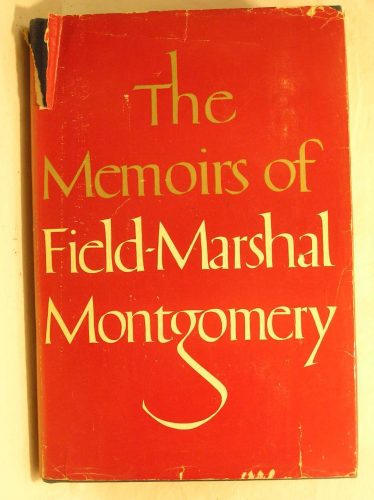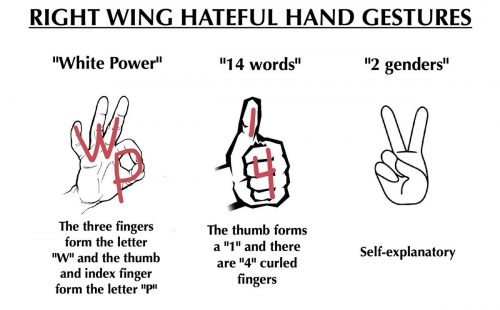
I read the memoirs of Field Marshall Bernard Law Montgomery a year or two ago, and I recently discussed the book elsewhere, so I pass these thoughts along here.
It was very good. Anyone with an interest in the Second World War and early Cold War should read it. Monty’s involvement in setting up the postwar military alliance with the United States was a surprisingly interesting part of the book which I knew little about. His personal connection with senior US military personnel proved to be very important.
Montgomery, like Slim, was an unglamorous commander, and he is probably underrated. They both focused on the basics, particularly adequate supply, and they both also recognized the limitations of what their own men and equipment could do.
Monty is castigated, often by American writers, for not being more dashing. He preferred meticulous planning, and sticking to the script, and he was willing to forgo targets of opportunity. He recognized that to try to operate in a more extemporaneous way would be to play to the strength of the Germans. They were good at that sort of thing, but he recognized that his own army was not. Recognizing that armies have national character seems to be a feature of the thinking of senior British commanders.
Wolseley in his memoirs thinks in a remarkably similar way, offering his unsentimental comments about the relative strengths and weaknesses of his own English, Scottish, and Irish troops versus those of their opponents. Montgomery similarly understood that the Germans were good at certain things, the English were good at other things: Do what you are good at.
Montgomery also has a reputation for being egotistical and self-serving, which certainly has some basis in fact. Nonetheless, his book comes off as reasonably fair, and seems to be honest, with the single major exception of his discussion of the way the Normandy campaign played out. He claims in the book that it was always his intention to wage an attrition battle against the Germans on the left flank of the lodgment with his own troops, so that the Americans could break out on the right. I don’t believe a word of this. His repeated, major ground offensives, such as Goodwood, failed because the Germans outfought him. Monty was not intentionally waging an attrition battle. He wanted the American to wear down the Germans, and to break out with his own army on the left. That was, so I speculate, always his actual plan. But of course the enemy always gets a vote.
Monty had good reason for wanting it to play out this way, with the main breakout on the left. Montgomery always paid attention to the larger political aspects of the war. My guess is that his goal was always to clear the channel and North Sea coasts, and capture the exits from the Baltic to secure Britain’s position, including capturing Antwerp, and lock up the Russians. This would be consistent with centuries of proven British strategic thinking and practice. It was almost an axiom of British strategy and international politics that it is essential to neutralize or secure control of the Low Countries, the most likely and most threatening locale for a foreign invasion base to attack Britain. This was a perpetual British imperative, particularly in wartime. This would explain why Monty was willing to roll the dice on Market Garden, to regain the initiative for the left-wing of the Allied advance.
Montgomery is improperly understood, largely by American readers, as a foil to the American commanders in the Second World War. We view him as a jarring note in an otherwise predominantly American story. But this is not an enlightening way to look at Montgomery. He is better understood in the context of British history, British strategic thinking, and long-standing British military practice.



